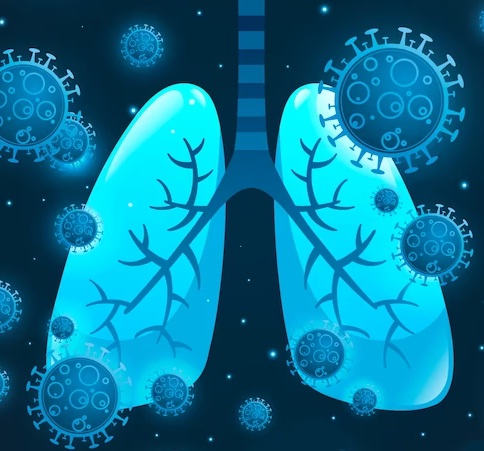New Delhi, Dec 14 (IANS) Even as reports of Kerala detecting the JN.1, a sub-variant of Omicron, have raised fresh concerns of Covid, experts on Thursday stated there is nothing to worry about, but stressed the need for continuous monitoring of the viruses.
The latest data from the Indian SARS-CoV-2 Genomics Consortium (INSACOG) has confirmed the presence of JN.1 variant in Kerala, which is currently seeing an uptick in Covid cases.
JN.1 is a sub-lineage of the BA.2.86 Omicron variant and was first detected in Luxembourg in August, before spreading to other countries.
BA.2.86, also known as the “Pirola” variant, was first detected in Denmark in July.
In November, the US Centers for Disease Control and Prevention (CDC) flagged concerns over JN.1 with potential to evade the immune system.
The CDC said that JN.1 is part of the same lineage of BA.2.86 and contains an extra spike mutation — L455S mutation, which has immune-evasion properties.
“This is not a new variant, but for India it is new. It has been already prominent in 38 countries globally and mostly it is seen in the UK, Portugal, US and some of the other countries,” Dr Ishwar Gilada, an infectious disease expert, told IANS.
“The peculiarity of this variant is there are some infections occurring which have upper respiratory type involvement. That means runny nose, cough, cold, and sometimes breathlessness. But till today, there has not been a requirement for oxygen, ICU bed, ventilator and there are no deaths.
“So, I don’t think we should be worried at all at this moment,” said Dr Gilada.
According to the Union Health Ministry data updated on Thursday, India recorded 1,185 new coronavirus infections. Kerala is reporting the highest — 1,039 cases. The southern state is witnessing an uptick in cases recently.
In just a month, active cases in Kerala spiked from 33 to 768 causing heightened concern.
“Common symptoms associated with JN.1 include fever, coughing, tiredness, nasal congestion, runny nose, diarrhoea, and headaches,” Dr. Dipu T.S., Associate Professor, Division of Infectious Diseases, Amrita Hospital, Kochi, told IANS.
He noted that “it remains too early to definitively assess the severity and public health impact, necessitating ongoing research and surveillance”.
The World Health Organisation (WHO) has classified the JN.1 subvariant of Omicron as a “notable descendent lineage,” signalling potential increased transmissibility compared to its predecessors. But, the Centres for Disease Control and Prevention (CDC) currently reports no evidence of increased public health risk or severity compared to other circulating variants.
“India need not worry, but we should be vigilant. The vigilance should be only for the scientific community, and not for the common public,” Dr Gilada added.

